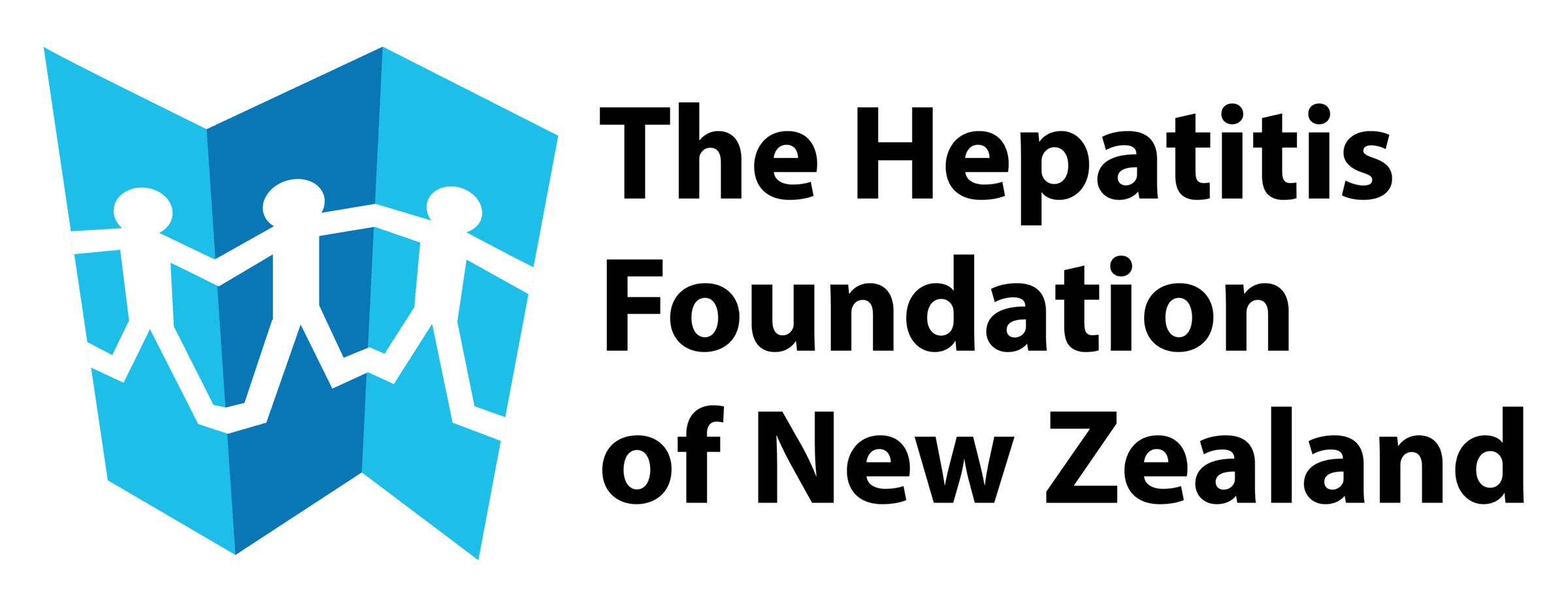Treatment for Hepatitis C
Maviret is fully funded for people living with hepatitis C. Each tablet has a combination of two anti-viral medicines. Treatment for most people will be three tablets, once a day, for eight weeks, but may need to be for a longer duration if you've been treated for hepatitis C before or have liver cirrhosis. Please discuss with your healthcare provider how long your treatment course should be. Maviret is effective against all six types (genotypes) of the hepatitis C virus.
Regional district health boards manage hepatitis C patient services. Contact your GP if you think you have hepatitis C or would like to access treatment. If you have questions about hepatitis C or need support please contact us.
If you live in the Midlands region (the Bay of Plenty, Waikato, Taranaki, Lakes or Tairawhiti), your monitoring and follow-up is managed by Waikato DHB. If you have questions about your Fibroscan appointment please call Kathryn on +64 7 839 8899 ext: 96289.
If you live in the Central region (Capital and Coast, the Hutt Valley, Wairarapa, Manawatu or Hawke's Bay), Compass Health manages your monitoring and follow-up. If you have questions about your Fibroscan appointment please call Megan on +64 4 260 6689.
If you live elsewhere please see your GP for referral to a hepatitis C programme near you.
Liver assessment
Some people will have a fibroscan before starting hepatitis C treatment. If APRI score is less than 1.0 then you may go straight to treatment with Maviret and may not need a fibroscan first. A fibroscan will determine how much scar tissue or damage is present.
If there is mild or moderate scarring in the liver your treatment can be supervised in the community. After successful treatment no further follow-up is needed and the scar tissue in the liver will reduce over time.
If severe scar tissue (cirrhosis) is present in the liver, you should be cared for in a specialist clinic, where your treatment can be supervised. After treatment you should stay under specialist follow-up because there is a risk of liver cancer (hepatocellular carcinoma), even many years after the virus has been cured.
Liver assessment can initially be done by blood tests. Your healthcare provider can calculate an APRI score. This can rule out the presence of liver damage in many people and they can be treated immediately in the community. Some people will need to be referred to the local hepatitis C service for a fibroscan.
A fibroscan is like an ultrasound. It measures the amount of scar tissue present in the liver. In a small number of people it can not give a result. If this happens you should be referred to a liver specialist for further assessment.
If your fibroscan was unsuccessful you should be referred to a specialist to assess your liver before treatment.



